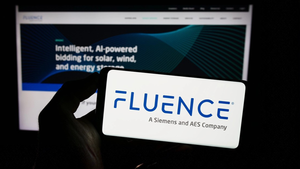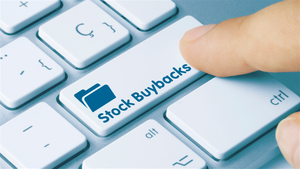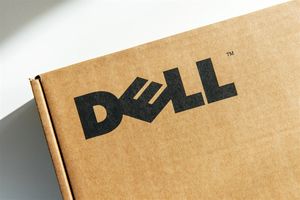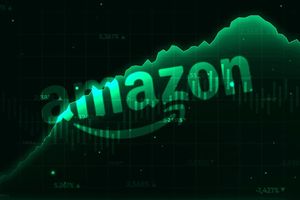
In July, Amazon.com Inc. (NASDAQ: AMZN) revealed it would acquire San Francisco-based 1Life Healthcare Inc. (NASDAQ: ONEM) in a deal worth $3.9 billion. Investors jumped at the acquisition. 1Life Healthcare rebranded to One Medical, and One Medical stock increased 70% on the announcement, from roughly $10.50 to $17.
Share value has remained relatively stable since July, with the current price at $16.42, even as trading volume expanded to six times the average during the first week of the year, likely a result of the finalizing of the sale in early December.
What is One Medical?
Now rebranded as One Medical, 1LifeMedical is a tech-driven, membership-based primary care provider that blends in-person care and 24/7 virtual assistance. The company is also a workplace healthcare provider. The San Francisco-based company operates clinics in 21 cities, including Atlanta, Boston, Los Angeles, Denver, Chicago, Miami, New York, Phoenix, San Diego, Seattle-Tacoma and Portland.
Its late Jan 2020 IPO was 17.5 million shares of common stock at $14 per share, which equates to a valuation of approximately $1.7 billion, based on the 122 million total shares outstanding disclosed in the company's SEC filing. By the end of that first trading session, One Medical closed at $22.07, a 57% premium over the initial stock price. The company hit $60 in February 2021 and stooped to $6.25 in mid-May 2022, establishing the stock's historic high and low, respectively.
What does Amazon Want with One Medical?
One Medical may seem like a unique concept. However, the idea belongs to a growing community of health and wellness technology companies, many of which went public in 2020 (the same year as One Medical). This list includes Change Healthcare (NASDAQ: CHNG), Progyny Inc. (NASDAQ: PGNY), Livongo (NASDAQ: LVGO), Phreesia (NYSE: PHR) and Health Catalyst (NASDAQ: HCAT).
One Medical has yet to turn a profit, despite a growing membership (currently at around 815,000 members, up 14% from last year). The company has experienced strong and consistent organic revenue growth since its launch, as stated in its SEC filing. In the first nine months of 2019, topline revenue nearly broke $199 million, up about 29% from the $154.6 in revenue reported the year prior.
One Medical experienced a 20% year-over-year (YOY) revenue bump between 2017 and 2018, from $176.8 million to $212.7 million, and then another 64% YOY revenue increase from $380 million in 2020 to $623 million in 2021.
During the first week of the new year, shares traded at nearly six times the average, likely because investors were excited about the completion of the sale. One Medical's share value is already up 6.62% over the last 52 weeks. However, the stock is still in the red and projected earnings will grow. While the news energizes this sector, One Medical still has a "hold" rating from analysts; this may change by the company's next reporting date of February 22, 2023.
Has the Purchase of One Medical Affected Amazon Stock?
The recent summer announcement helped contribute to a quick jump in stock value. Starting in July 2022, share value quickly rose about 35% to roughly $106 before beginning another downturn. Amazon has yet to recover from this decline and is currently down to $89.20.
With that in mind, the current value is not the 52-week low, though the stock hit that point quite recently — $81.86 on December 28, 2022. The stock took another short dive at the beginning of the year but is on another uphill climb. The tech giant's stock can build momentum since inking its One Medical purchase, the sale of which finally went through in early December.
The Amazon share price $88.84 as of January 9 is near the 52-week low ($81.43) and roughly 50% down from the 52-week high ($170.83). Amazon also missed its $0.22 earnings target in its fourth quarter by two cents, tanking share value by 13%, so it needs to start building momentum.
That said, Amazon (and its investors) have a lot to smile about. For one, the stock's price target is $147.12, representing a 70.9% upside. More importantly, earnings should grow more than 126%, signaling that this deal should help the company soon as the tech giant expands its healthcare offerings.
However, AMZN's 81.54 price-to-earnings ratio suggests the stock is overvalued and may be the reason for its less enthusiastic "moderate buy" rating.





